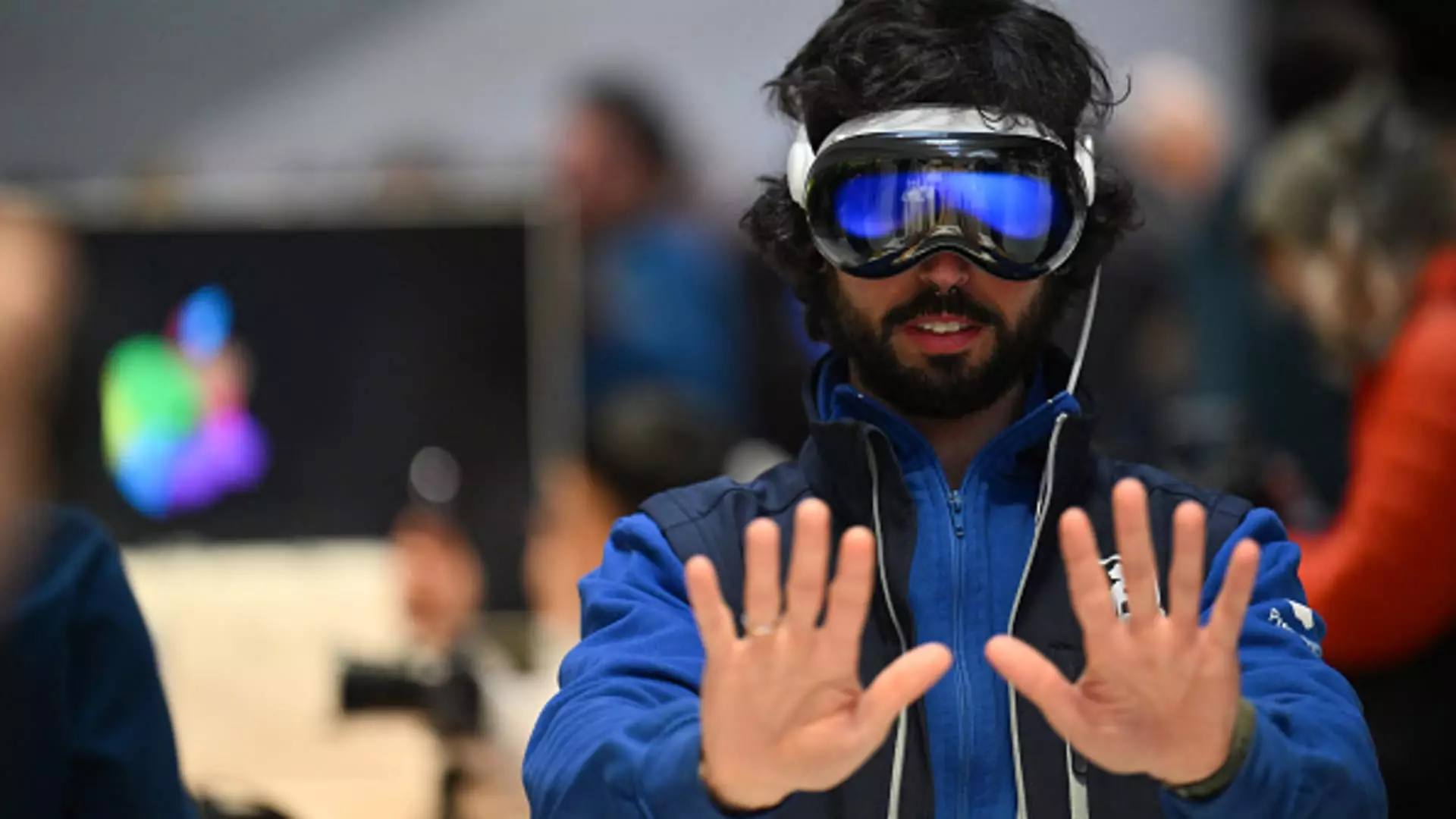In the fiercely competitive world of technology, where intellectual property is more valuable than physical assets, Apple’s recent lawsuit against a former employee underscores a sobering reality: even the most secure and secretive giants are vulnerable to internal betrayal. The image of Apple’s closed ecosystem—its secrecy, legal muscle, and control—buckles under the weight of potential leaks from within. This case isn’t just about a disgruntled employee allegedly stealing documents; it’s a stark reminder that internal security remains an ongoing battle, one that can threaten the very innovation that drives the industry forward.
Apple’s stringent policies and secretive culture create an environment where trust is both vital and fragile. When a senior engineer with access to cutting-edge projects like the Vision Pro headset allegedly downloads thousands of proprietary files before leaving, it exposes a gaping hole in these protections. It begs questions about whether such stringent controls are merely superficial, or if they are truly effective in a world where digital footprints are difficult to conceal. This incident reveals that in high-stakes industries, even the most disciplined companies can fall prey to internal lapses that may forever alter the landscape of competition.
The Ethical Dilemma of Trade Secrets and Competitive Espionage
The core issue with this lawsuit is not merely legal; it strikes at the ethical foundation of a fair market. If an employee takes confidential information to gain an advantage at a rival company, the implications ripple far beyond individual misconduct. It calls into question the effectiveness of current employment contracts and confidentiality agreements designed to safeguard innovation. Apple insists Liu’s actions were intentional, and the lawsuit suggests that these secrets could be weaponized to serve Snap’s interests—a move that could undermine decades of Apple’s research and development effort.
This scenario feeds into a broader debate surrounding the ethics of corporate espionage. In a industry where rapid iteration and proprietary technology are paramount, the temptation for individuals to leverage confidential data can be immense. Yet, the moral underpinning of fair competition demands that innovation should flourish not through illicit means but through genuine ingenuity. When corporations pursue legal action against internal breaches, they defend not just their assets but the principle that innovation must be rooted in honest effort rather than theft.
The Fragile Balance Between Security and Trust in a Competitive Arena
Despite Apple’s aggressive stance, the lawsuit brings to light the delicate balance companies must strike between safeguarding secret information and maintaining a trusting, motivated workforce. Heavy-handed security measures risk alienating employees or fostering suspicion that hampers creativity. Conversely, lax controls open the door for leaks that could erode years of intellectual investment.
In Apple’s case, the problem extends beyond just protecting trade secrets; it touches on the fundamental question of how companies can foster loyalty and transparency while shielding themselves from internal threats. Apple’s reputation as a privacy-focused pioneer adds weight to its efforts to clamp down on leaks; it must demonstrate that its vigilance does not come at the expense of fostering an open and innovative work environment. The challenge is to create protocols that deter breaches without cultivating a culture of paranoia.
The Broader Implication for the Tech Industry and Society
The underlying concern extends beyond Apple to the entire technology sector, highlighting the vulnerability of even the most dominant players in the face of internal threats. As companies race to lead innovation in areas like augmented reality, artificial intelligence, and next-generation hardware, the importance of protecting trade secrets becomes exponentially critical. Failures in internal controls can result in setbacks that delay technological breakthroughs and inflate costs across the industry.
Furthermore, this case illuminates the societal implications of trade secret theft. When corporate advancements are compromised, consumers may face slower innovation, reduced choices, and increased prices. It also raises questions about the global nature of technological competition—are corporations and governments doing enough to protect their innovations from sabotage and espionage? The ongoing arrests of employees connected to China-linked organizations reveal that these internal risks are intertwined with international espionage, making the fight to secure intellectual property an ongoing, multi-layered struggle.
In the end, Apple’s legal confrontation isn’t just about protecting its assets; it is a powerful statement about the values that underpin an innovative society. Trust, security, and responsible stewardship of knowledge are the pillars upon which modern technology must stand. As corporations continue to evolve their defenses against internal threats, society must also question how to foster a culture that champions integrity while competing fiercely in the global marketplace.



Leave a Reply